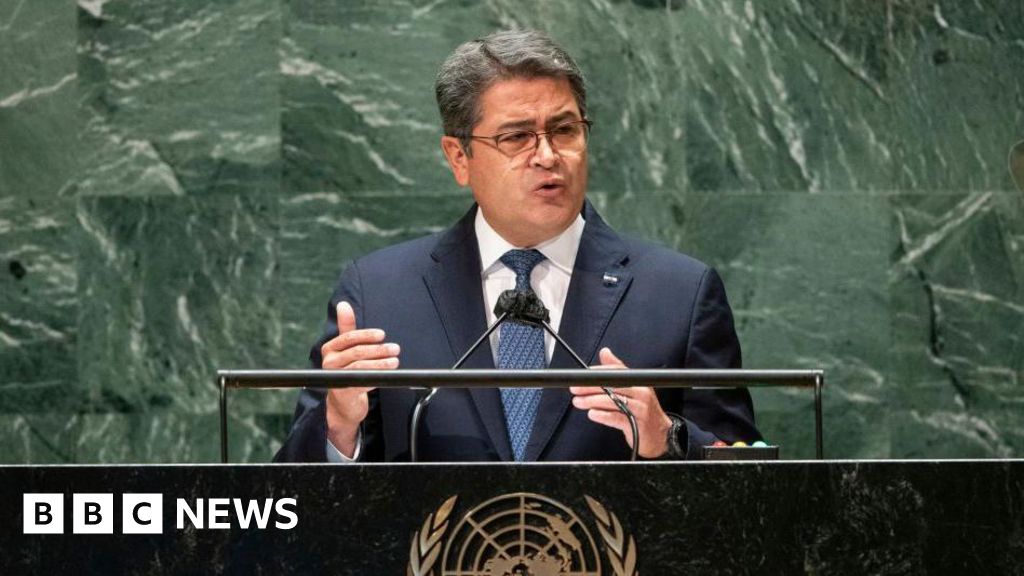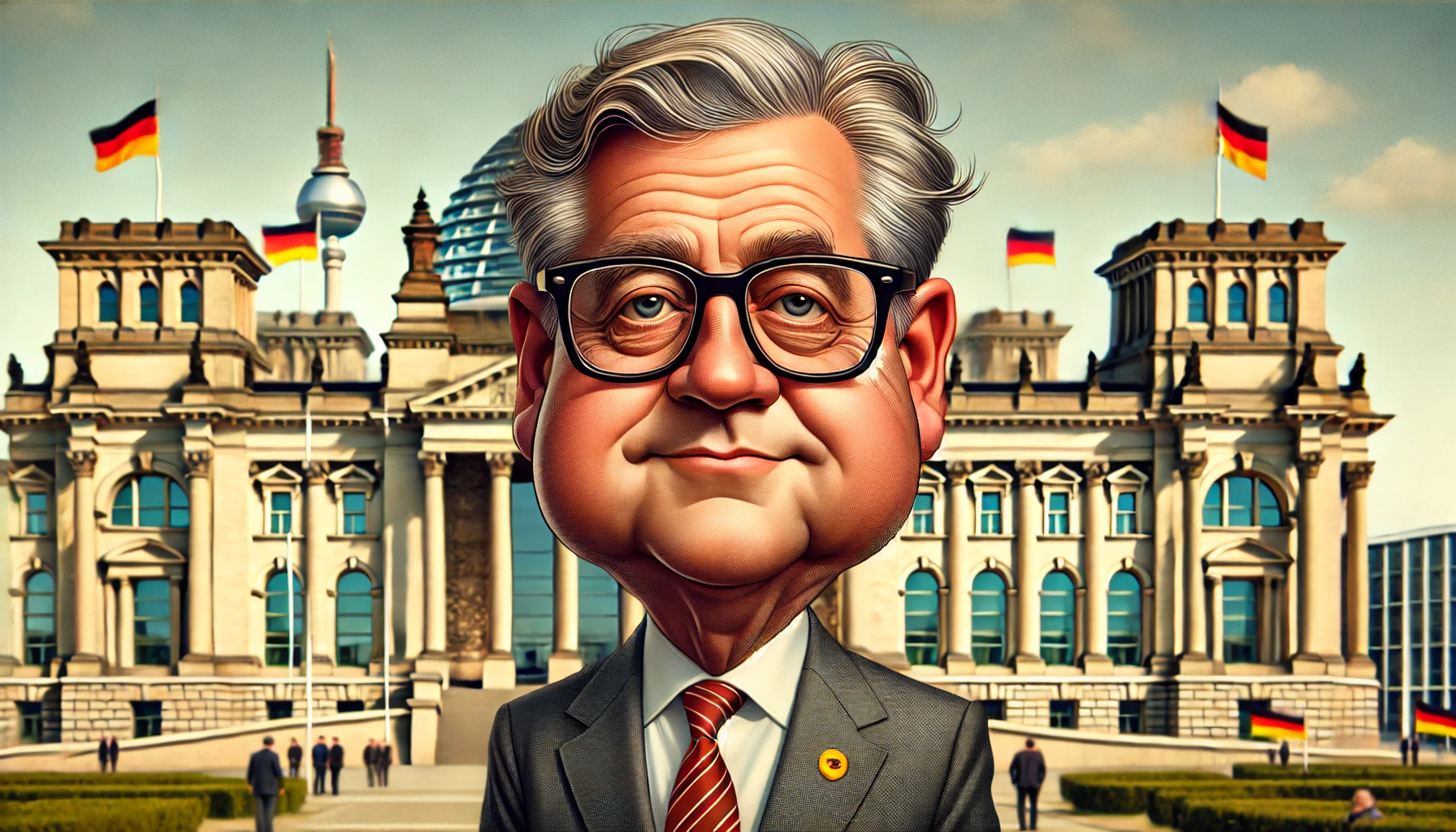Juan Orlando Hernández, the ex-president of Honduras who was convicted of drug crimes in a US court, has been sentenced to 45 years in prison.
Hernández was found guilty in March of conspiring to import cocaine into the US, and possessing “destructive devices” including machine guns.
Prosecutors in New York said he ran the Central American country like a “narco-state” and accepted millions of dollars in bribes from drug traffickers to shield them from the law.
“He paved a cocaine superhighway to the United States, protected by machine guns,” prosecutors said in their closing arguments ahead of his conviction.
As part of his sentence, he was also ordered to pay a fine of $8m (£6.3m).
“I am innocent,” Hernández said at his sentencing hearing, according to the Associated Press. “I was wrongly and unjustly accused.”
The judge, during the hearing, called him a “two-faced politician hungry for power”, the news agency reported.
The 55-year-old has been held at a Brooklyn jail since his extradition to the US.
Last month, the Manhattan judge overseeing the case rejected his motion for a retrial after his lawyers argued that the trial was tainted by incorrect testimony from a law enforcement agent who said cocaine trafficking went up in Honduras during the ex-president’s time in office.
US District Judge Kevin Castel found the error “immaterial” to the charge of conspiring with drug traffickers.
“Hernandez’s conviction was based on the testimony, over the course of a three-week trial, of numerous witnesses whose testimony was corroborated in part by phone records and a recovered drug ledger,” Judge Castel wrote.
Hernández was president of Honduras from 2014 to 2022, serving for two consecutive terms in the nation of over 10 million people.
He initially ran as a law-and-order candidate who promised to address the issue of drug-related crime in the country.
Instead, prosecutors accused him of partnering with “some of the world’s most prolific narcotics traffickers to build a corrupt and brutally violent empire based on the illegal trafficking of tonnes of cocaine to the United States”.
Three months after leaving office, he was extradited to New York and arrested in April 2022 to face federal charges in the US.
He had previously been seen as a strong ally to the US, which sent his country more than $50m (£39m) in anti-narcotics assistance, as well as additional millions of dollars in security and military aid.
In 2019, then-President Donald Trump thanked Hernández for “working with the United States very closely”.
Hernández in turn thanked Mr Trump and the American people “for the support they have given us in the firm fight against drug trafficking”.
Prosecutors later uncovered that Hernández was linked with drug traffickers as far back as 2004, long before he became president, and that he had facilitated the smuggling of around 500 tonnes of cocaine to the US.
They said drug traffickers paid him millions of dollars in bribes to allow cocaine to be smuggled from Colombia and Venezuela through Honduras on to the US.
During his trial, several convicted drug traffickers testified that they had bribed Hernández.
His lawyers argued that those who testified against him were doing so for their own gain.
Hernández also took the stand to testify in his own defence, accusing the witnesses who testified against him of being “professional liars”.
Prosecutors alleged that he had used the drug money to then bribe officials to manipulate Honduras’ 2013 and 2017 presidential elections in his favour.
In his denial of the allegations, Hernández claimed that he became a “victim of a vendetta and a conspiracy by organised crime and political enemies”.
He is expected to appeal against his conviction.
His brother, a former Honduras congressman, was jailed by the same Manhattan court in 2021 for separate drug charges. Juan Antonio “Tony” Hernández is currently serving a life sentence.
Hernández is not the first ex-Latin American head of state to be convicted of a drug-related crime in the US.
Panama’s Manuel Noriega was convicted on drug trafficking charges in a Miami court in 1992, and Guatemala’s Alfonso Portillo was convicted on money laundering charges in a New York court in 2014.





















Discussion about this post